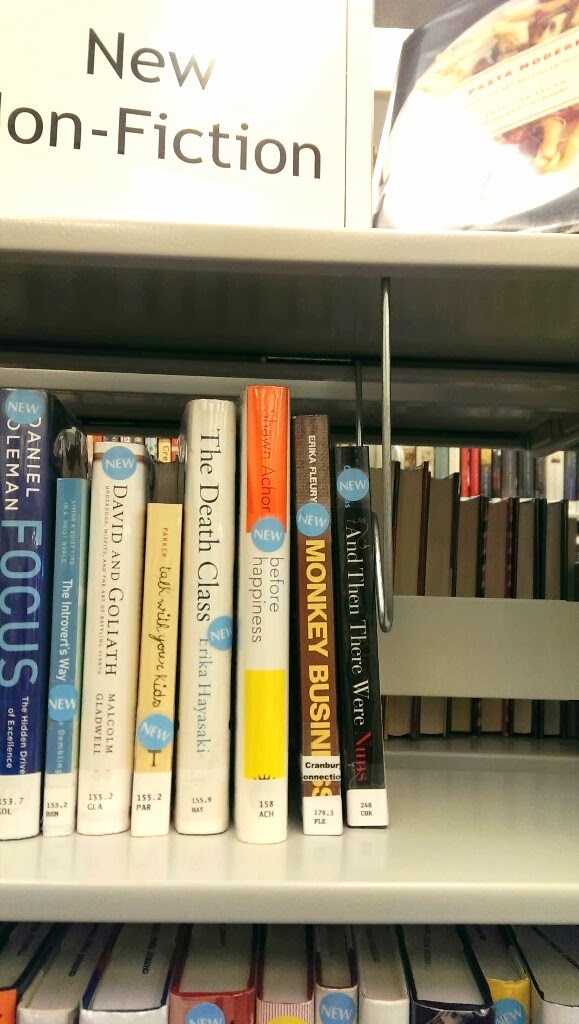I have never been a particularly avid listener of
audiobooks.
I’d rarely given them more than just a cursory thought,
merely because my previous experiences with books had been linked to cozy
nights spent huddled under covers, or languid afternoons sunning on the beach.
Listen to a book? I didn’t think it possible to become engrossed in story while
doing something else (because surely I could never sit still for very long,
just listening and twiddling my thumbs). My association with books was
concretely formed, and I liked it that way.
And so, when I was asked to review Tantor Media’s
newly released audiobook of Robert M. Sapolsky’s A Primate’s Memoir, the title of the book tantalized me
enough to put down my guard and give this whole newfangled (to me, that is)
audiobook idea a try. I read as many books as I can find about primatology, and
this was one I hadn’t reached yet. I decided to make use of my lengthy commute
and listen to the book in the car, where it would surely be a better use of my
time than tolerating the endless forgettable songs of Top 40 radio.
And so I listened.
Sapolsky’s tale begins with his arrival in Kenya as a young
academic, where he bravely enters an African world that could not be any
different from his Jewish Brooklyn roots. As he starts his research and
explores his surroundings, he is scammed, befriended, offered much tea and
served a surprising amount of spaghetti. Throughout his trials and tribulations
as he gets used to life in the bush amongst the Masai tribes, the listener
feels at once as if he is there with Sapolsky and on the other hand, so very glad he is not there with him.
“I could do this!” I thought to myself, inspired by the author’s skillful
recognition of various baboon troop members and their complex social rankings…turning
quickly to “I never ever want to do this!” as I listened to descriptions of
particularly sickening 3-day truck rides through blistering desert with little
less than endless soft drinks to sustain oneself.
I realized that a benefit of an audiobook can be its
narrator. The calm and clear narration of Mike Chamberlain provides a soothing
solace from the mania and chaos of Sapolsky’s experiences. The moments of humor
(of which there are many) are complemented by Chamberlain’s dry charm. He keeps
the story grounded and pleasurable to listen to, even in its’ most
uncomfortable moments.
I kept listening.
What ties Sapolsky’s various adventures together, and what
keeps him returning to Kenya, is his attachment his baboons. As an animal lover
and primatology fan, this resonated deeply with me. The troop members he
studies over decades are practically considered his friends (if not his
family), which makes the jarring ending of the book that much more upsetting.
It ends with a stark reminder that everything in nature may be fleeting, but
memories persevere.
A Primate’s Memoir reads
like a frank, honest love story to baboons who may not have realized the depth
of their adoration, but were loved nonetheless. As someone who has also found a
love in primatology, the tale of Robert M. Sapolsky’s baboons will stick with
me, and I thank his troop for that.



